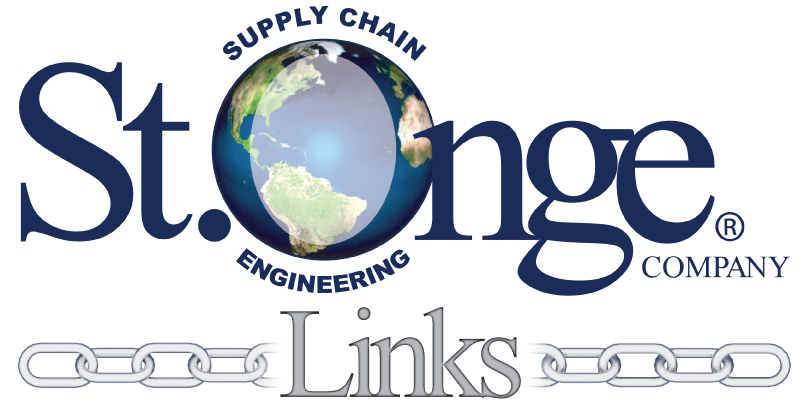 Strengthening your supply chain one link at a time.
Strengthening your supply chain one link at a time.
In a previous Links’ “My Incoterms Summary” blog, I introduced Incoterms® (International commercial terms) which are a common set of international trade rules of sale, created by the International Chamber of Commerce (ICC). In 1936, the 30 ICC countries/members published the Incoterms®. Now the ICC is comprised of 142 countries and territories and the Incoterms® 2020 version is available in 29 languages. The ICC represents both the public and private sectors therefore Incoterms® are recognized as explaining global trade to all types of businesses.
The ICC created Incoterms® to guide import and export activities from origin packaging through export customs clearance to import duties and then to final destination unloading. It is very important to invoke Incoterms® correctly by including in the sales contract the 3-letter Incoterms®, a specific “named place” where the transfer of risk and responsibility occurs, and the applicable Incoterms® ruleset (2010, 2020, etc.). Sellers and buyers rely on Incoterms® to describe the division of their below responsibilities. These are explained further in the following paragraphs.
You can download a free copy of the new 2020 version wallchart and reference it as you finish reading this blog.
There are 11 three-letter Incoterms® beginning with the letters E, F, C, and D. These are grouped in a couple of different ways; the transport mode(s) and the “place” where risk is transferred.
The spectrum ranges from EXW where the buyer is mostly responsible for the obligations and costs, to DPU (Delivered at Place) and DDP (Delivery Duty Paid) where these are mostly the seller’s responsibilities. For EXW, the buyer’s obligations and cost responsibilities start when the transportation process begins at the seller’s origin. Conversely with DPU and DDP, these responsibilities remain with the seller until very late in the cycle either at import port clearances or unloading at the final destination. Somewhere in between are the other 8 terms.
Unless otherwise noted, once the goods are transferred to the Buyer, they are responsible for the obligations and cost until the goods are unloaded at their final destination. Lastly, the responsibility for insurance obligations and cost is negotiable between the two parties.
Even though Incoterms® are part of the sales contract, that doesn’t mean that the Sales department should be the only team involved in determining the correct Incoterms® for the agreement. Procurement, Finance, Accounting, and the Import/Export departments should also be involved to ensure there are no interruptions in delivering goods to your customers and to mitigate unnecessary costs.
Stay tuned for more blogs that continue to explore the transportation industry and systems.
–Jess Kittrell, St. Onge Company
Incoterms® and the Incoterms® 2020 logo are trademarks of ICC. Use of these trademarks does not imply association with, approval of or sponsorship by ICC unless specifically stated above. The Incoterms® Rules are protected by copyright owned by ICC. Further information on the Incoterms® Rules may be obtained from the ICC website iccwbo.org.